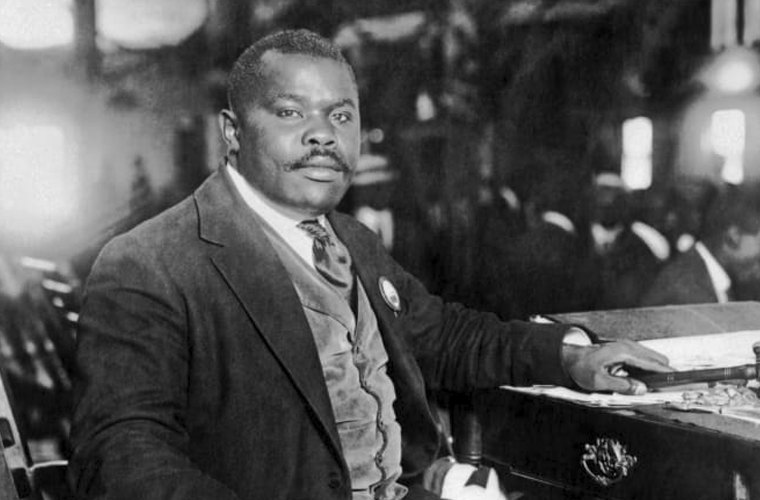Marcus Garvey, a prominent figure in the Black Nationalism and Pan-Africanism movements, left an indelible mark on history through his passionate advocacy for the rights and empowerment of people of African descent. Born in Jamaica, Garvey’s early experiences shaped his worldview and fueled his unwavering commitment to the cause of racial equality and liberation. Garvey’s advocacy was rooted in the belief that people of African descent, both on the continent and in the diaspora, should unite to assert their rights and claim their rightful place in the world. His vision was expansive, encompassing not only the liberation of African nations from colonial rule but also the upliftment of African diasporic communities around the globe.
Central to Garvey’s advocacy was the promotion of Black pride and self-reliance. He firmly believed that people of African descent should take pride in their heritage and actively work towards building strong, self-sufficient communities. This vision led him to establish the Universal Negro Improvement Association and African Communities League (UNIA-ACL), an organization dedicated to advancing the social, political, and economic interests of people of African descent. Garvey’s oratorical skills and charismatic leadership style made him a powerful voice for the disenfranchised and marginalized. Through his speeches and writings, he galvanized support for his vision of a united and empowered global Black community. His message resonated with many who had long been denied opportunities and subjected to systemic oppression.















One of Garvey’s most enduring legacies is the philosophy of Pan-Africanism, which advocates for the unity and solidarity of people of African descent worldwide. Garvey’s articulation of this philosophy inspired a global mass movement known as Garveyism, which sought to mobilize people of African descent toward collective action and self-determination. The impact of Garveyism extended far beyond his lifetime, shaping the ideologies and strategies of subsequent movements for Black liberation. In addition to his organizational and ideological contributions, Garvey was also a prolific writer and publisher. He used the platform of his newspaper, the Negro World, to disseminate his ideas and promote the achievements of African-Americans. Through the Negro World, Garvey highlighted the accomplishments of individuals of African descent, challenging prevailing narratives of inferiority and emphasizing the importance of recognizing and celebrating Black excellence.
Garvey’s influence extended beyond the realm of activism and ideology. His ideas and vision also profoundly impacted cultural and religious movements, inspiring the development of organizations such as the Nation of Islam and the Rastafarian movement. The principles of self-determination, empowerment, and cultural pride that Garvey espoused resonated deeply with individuals seeking alternative pathways to freedom and self-realization. Despite facing formidable opposition from entrenched power structures and enduring personal hardships, Garvey remained steadfast in his commitment to advancing the cause of Black liberation. His unwavering determination and resilience in the face of adversity continue to serve as a source of inspiration for contemporary movements advocating for racial justice and equality.
In recognition of his enduring legacy, Marcus Garvey’s contributions to advancing Black Nationalism and Pan-Africanism have been celebrated and honored by subsequent generations. His life’s work stands as a testament to the power of visionary leadership, unwavering conviction, and the enduring quest for justice and equality. Marcus Garvey’s impact on the Black Nationalism and Pan-Africanism movements is immeasurable. His advocacy for Black pride, self-reliance, and global solidarity continues to reverberate through history, inspiring successive generations to strive for a more just and equitable world. As we reflect on his legacy, we are reminded of the enduring significance of his contributions and the ongoing relevance of his vision for a united and empowered global Black community. Marcus Garvey died on June 10, 1940, in London, England at the age of 52. Garvey had suffered a stroke in January 1940, which left him partially paralyzed. He had a second stroke in May of the same year, which ultimately led to his death.

